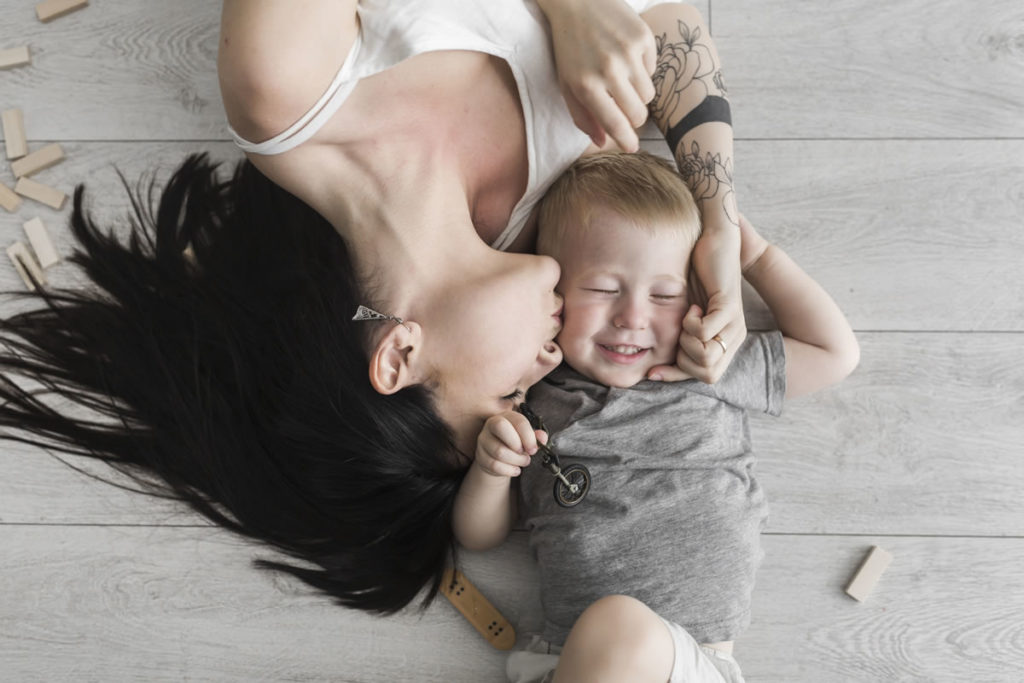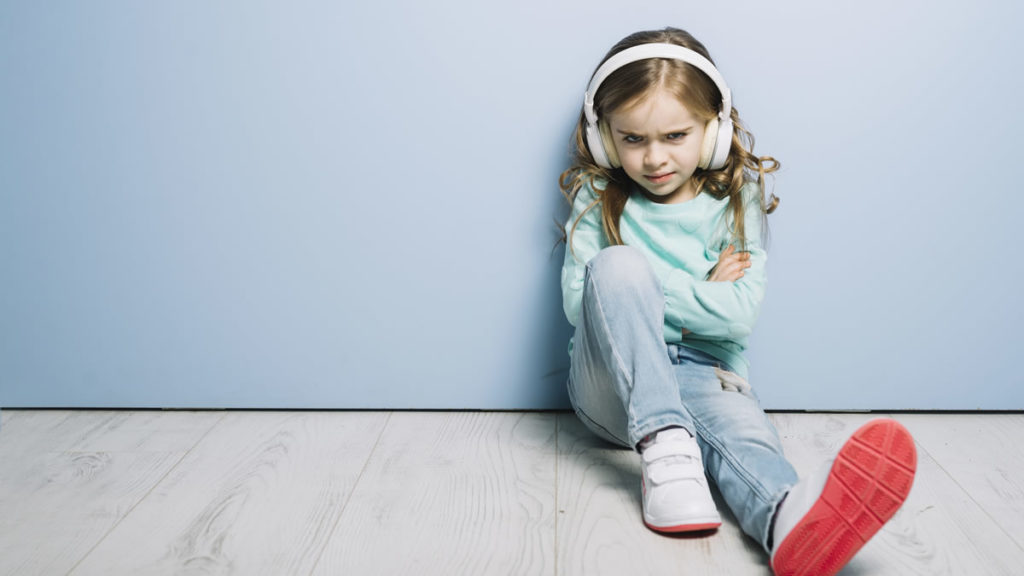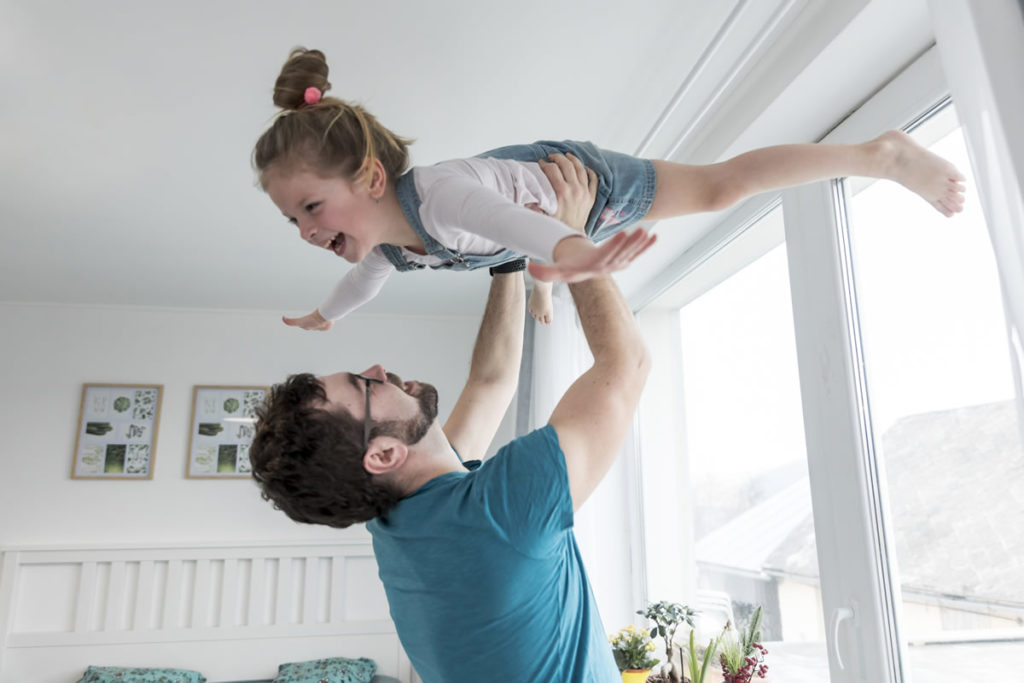The ideas about peaceful parenting and / or parenting are very different from other types of existing parenting practices, and that it is one of the least heard has an explanation, since it is more difficult to practice peaceful parenting than to resort to childish methods such as to threaten or bribe children to follow our instructions or make the decisions that their parents consider correct. But what is the exact difference between peaceful parenting and other educational methods?

Peaceful parenting vs. Traditional breeding
Human beings are, in some way, internally motivated. This means that children, as well as parents, do the things they do because something happens within them or prompts them to do so. The outside world, in turn, and regardless of the parenting or educational style that parents want to impose on a home, also provides information and motivates actions in the little ones. Information, from one side and the other, that the children are incorporating and using to decide what they are going to do at all times.
So, if for example we ask our children categorically to come to dinner now, the children will listen to the request and process the information. This information will affect children in different ways, as the result will be conditioned by what is happening inside them . In other words, if a child is quietly in his room talking to his friends on his cell phone or listening to music, he may not answer his parents’ call for dinner instantly or may even get angry. On the opposite side, if a child is doing something that does not motivate him too much and / or is hungry, he will run to the classroom to join dinner. In the first case, it does not mean that the child wants to disobey without further ado, but rather that he or she is taking some action that he considers important and that is why he cannot obey immediately.
There is the belief in many adults and parents, specifically, that if the request that a parent makes of their child is not immediately responded to, it is that they are not behaving well or that they like to challenge. But, contrary to what traditional upbringing has unfounded in the collective ideology, the truth is that children cannot be manipulated or controlled in order to make them behave as we want.

People in general, older or not, are not easily controllable, in fact, the need to control others can lead others to resist even more just because they feel that pressure and need for control. And it is that, if we think about it, we will quickly realize that if people were so easily manipulated and controllable, we would all be it in the same way, not just children for the fact of being.
For example, we have the ability to resist the large advertising campaigns that shake us all over the place. We usually decide to buy an item because we need it or because we like it, and not simply because we see an ad campaign. In the same way, we have the ability to continue to trust our children and to continue loving them despite the fact that sometimes they can challenge us with fatal phrases such as “I hate you.” That a child puts us between a rock and a hard place at times does not imply that we lose our roles and our ability to reason. So why do we think it is otherwise with children? The fact that our children are smaller, less experienced and younger does not mean that they are easier to control or manipulate using external rewards or punishments .
Peaceful parenting, the key to a better future
Peaceful parenting means that an adult is able to understand that their children are motivated internally, and as a consequence of their own genetics, around aspects such as security, love, power, fun or freedom. Practicing peaceful parenting means that we are able to understand this and to flee from punishment, reproach and manipulation just because we have greater “power” as parents.
Both parents and children experience the need for control in life, for the simple fact that humans are born with that need for power to a greater or lesser degree. Fortunately, we are also born with a great capacity for love, and it is that feeling that must keep us connected with each other and flee from that idea of obsolete, strict and stale upbringing that continually falls into the power struggle . Running away from this may be more difficult and more challenging, but it is also much more rewarding than just trying to control our children using negative ideas or methods. Peaceful parenting is more respectful of children’s abilities and seeks the trust and respect necessary so that the little ones can learn what is necessary and become responsible adults over time and in freedom, without fear.

This type of parenting leads us to practice, necessarily, that emotional intelligence that is so important to relate to each other and shape a better world, capable of empathizing and putting ourselves in the shoes of others. That is why peaceful parenting, if it occurred everywhere, could create the necessary energy not only for the improvement of parenthood and a good environment at home, but also the fuel necessary to change the world little by little for the better.











































































































